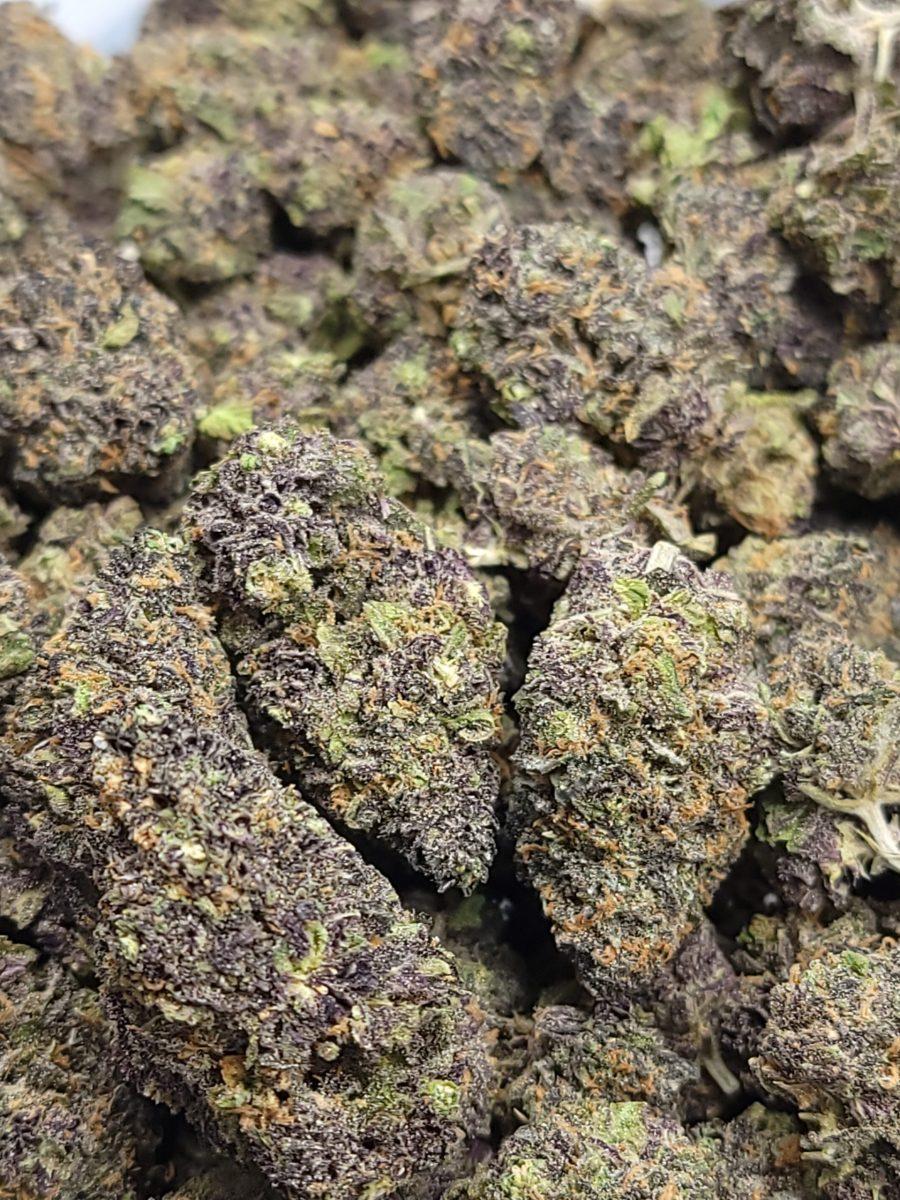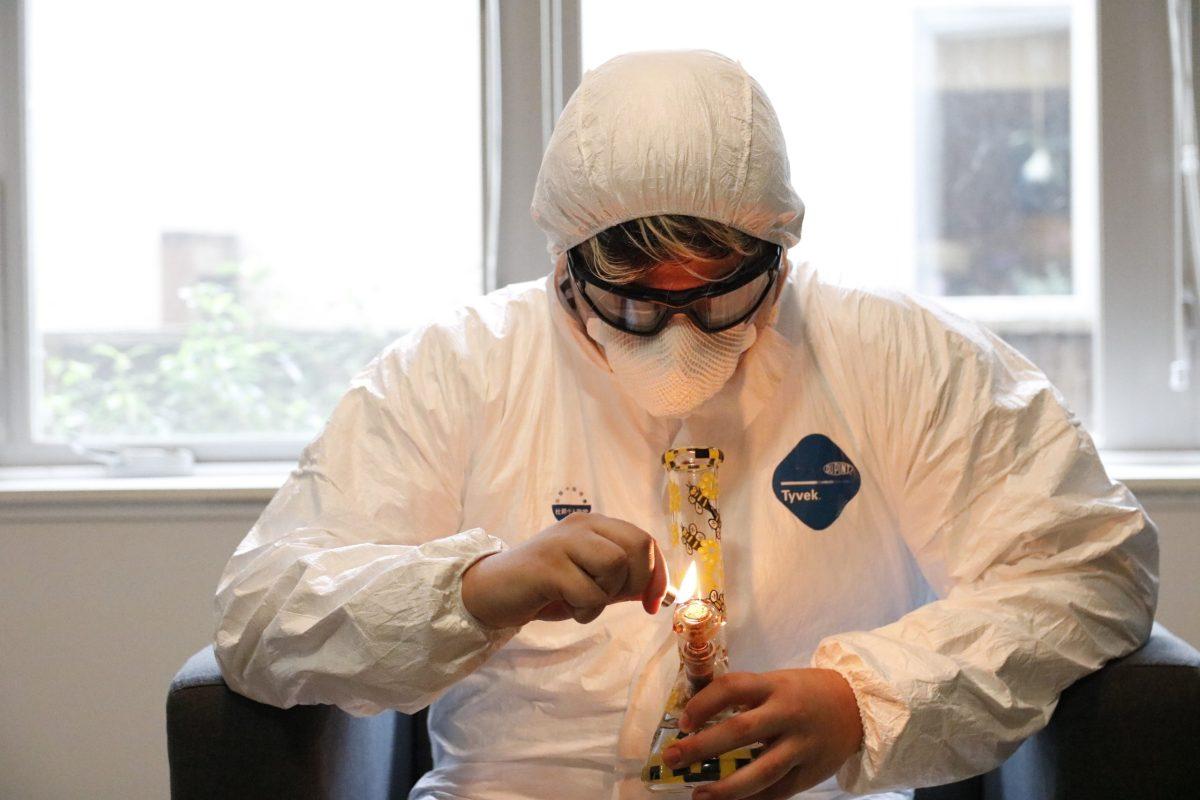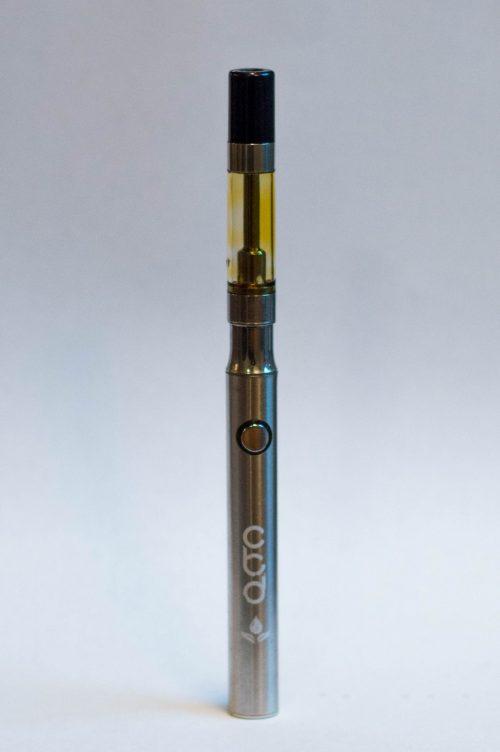If you are an avid cannabis user, you have probably heard the terms THC and CBD. You’ve also probably associated these terms with THC as the one that “gets you high” and CBD as the “pain reliever.” Although both are equally important in their uses, one compound in cannabis and hemp plants acts as the parent of both THC and CBD. Many people may have heard of CBG than know what it actually means: CBG is a molecular compound that stands for “cannabigerol,” and it comes primarily from the young cannabis plants.
To keep it brief, CBG does not “get you high.” However, there are many other benefits that CBG has on the body that make it a desirable product. For starters, CBG is psychoactive but not in the way that it alters a person’s perceptions. It is known to provide a sense of contentment and relaxation, while also improving focus and concentration. Just like other forms of cannabis, there are different methods for taking CBG. Inside your local dispensary, guests may find CBG oils, capsules and gummies. These products may take longer to kick in but are known to have a long-lasting effect on the body. Another method is a CBG vape cartridge, which has a quick and short-lasting effect on the consumer.
CBG has also shown signs of treating chronic and acute pain. According to a patient survey executed by the Hawai’i Journal of Medicine and Public Health in 2014, 64% of patients noticed a relative decrease in pain from areas all over the body. It is no wonder that this young cannabinoid is making waves throughout the cannabis industry.
CBG is commonly referred to as the ‘mother of all cannabinoids.’ The reason is that all cannabinoids found in cannabis and hemp plants come from the molecule CBGa, which is the acidic form of CBG. In other words, CBG is the genetic parent of THC but is not just a stay-at-home mother. This molecule puts in work as an alternative method to treating pain for some of the world’s most infamous diseases.
Many experts around the country are using cannabigerol extract to discover whether this element could assist, or even cure, pain that millions of humans experience. One of those experts is Dr. Wesley Raup-Konsavage, an assistant professor of pharmacology at Penn State University College of Medicine, who is currently studying the impact of CBG on specific impairments in the body.
He dives deep into his team’s main goal which is to “get away from the use of opioids and other medications that might cause euphoria or lead to addiction, and look for novel ways to treat pain,” Raup-Konsavage said. With an inspiring goal and a new hypothesis pertaining to the possible benefits of CBG, Raup-Konsavage’s team received a 10-year, multi-million dollar grant. The funding came from PA Options for Wellness, a research center dedicated to using cannabis and hemp products to provide effective relief for its patients. Through this agreement, Raup-Konsavage and his team developed studies in all areas of the body. One of the main studies used a combination of CBD/CBG oil to decrease neuropathic pain in mice.
“They’re restoring the pain threshold back to where the animals were before they had neuropathy. We’re currently working to expand those studies into a chronic model, looking at longer-term treatment with CBG to see how long that effect lasts,” Raup-Konsavage said. This was the most promising study to date according to Raup-Konsavage. Additionally, Raup-Konsavage’s team has seen encouraging results for CBG oil to treat inflammatory bowel disease, osteoarthritis and even bone repair.
“We used a mouse model fracture and found that when the mice were treated with the CBG not only did the mice have reduced pain, but they had better bone formation,” Raup-Konsavage said eagerly. The next step will be clinical trials for the majority of studies that this team is conducting. However, things seem optimistic as they look to change the way pain is treated.
At this moment in time, there is only speculation regarding the potential benefits of CBG. However, all signs lead to this compound being a game changer when it comes to treating pain. Through the work that Raup-Konsavage and the team at Penn State University College of Medicine are conducting, there is a world of possibilities for how CBG can benefit the average person. For now, all one can do is enjoy the feelings of relaxation and contentment that CBG provides, while knowing that the future is bright for further research and discovery of how exactly this compound is interacting with the body.






